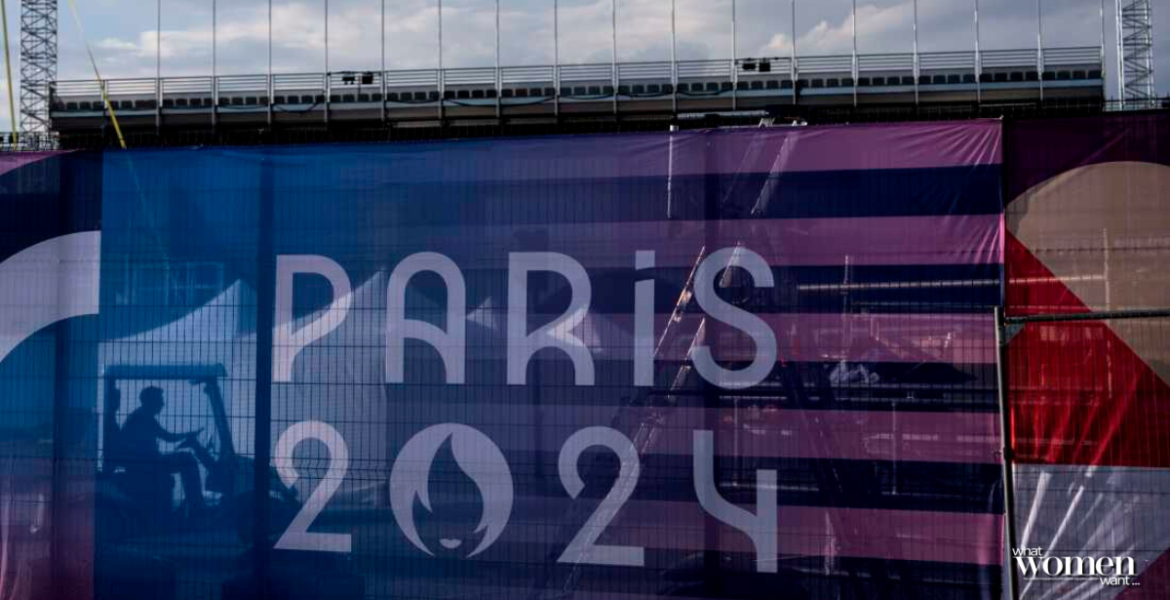The world is eagerly anticipating the start of the Paris 2024 Summer Olympics. The games have already sparked a lot controversy and debate, due to France’s decision to ban hijabs for its own athletes. This move has ignited a global conversation on religious freedom, discrimination, and the true meaning of inclusivity in sports.
France, known for its defense of secularism, has extended its policies to its Olympic team. They prohibited their athletes from wearing hijabs during competitions. This decision aims to maintain religious neutrality in public spaces, including sports arenas. However, the ban has sparked intense criticism both domestically and internationally.
More About the Ban:
The ban contradicts the International Olympic Committee’s stance, which allows athletes to wear religious attire. In fact, it stands in contrast to the spirit of the Paris 2024 games, advertised as the “Gender Equal Olympics.” This year’s event prides itself on achieving equal participation rates for male and female athletes. This is a milestone celebrated globally for advancing gender parity in sports. Yet, this achievement is overshadowed by France’s insistence on excluding Muslim women who choose to wear the hijab as part of their religious practice.
Critics argue that France’s secularism unfairly targets Muslims by policing their visible religious symbols. The ban on hijabs in sports reflects a broader trend in France. Currently, there are similar restrictions on religious attire in public schools and other public spaces. These restrictions have faced widespread condemnation from human rights organizations. This ban limits freedom of expression and disproportionately affects French Muslim women athletes. Also, it denies them the right to compete on equal footing with athletes from other nations who are allowed to wear hijabs.
The International Olympic Committee has been called upon to intervene, urging France to reconsider its stance and align with Olympic principles of inclusivity and non-discrimination. Human rights groups such as Amnesty International and Human Rights Watch have condemned the ban. These organizations have emphasized that it undermines the fundamental rights of athletes to practice their religion freely.
While France’s commitment to secularism is constitutionally protected, its application in cases like these raises important questions about its compatibility with international human rights standards, including the right to freedom of religion and expression.

